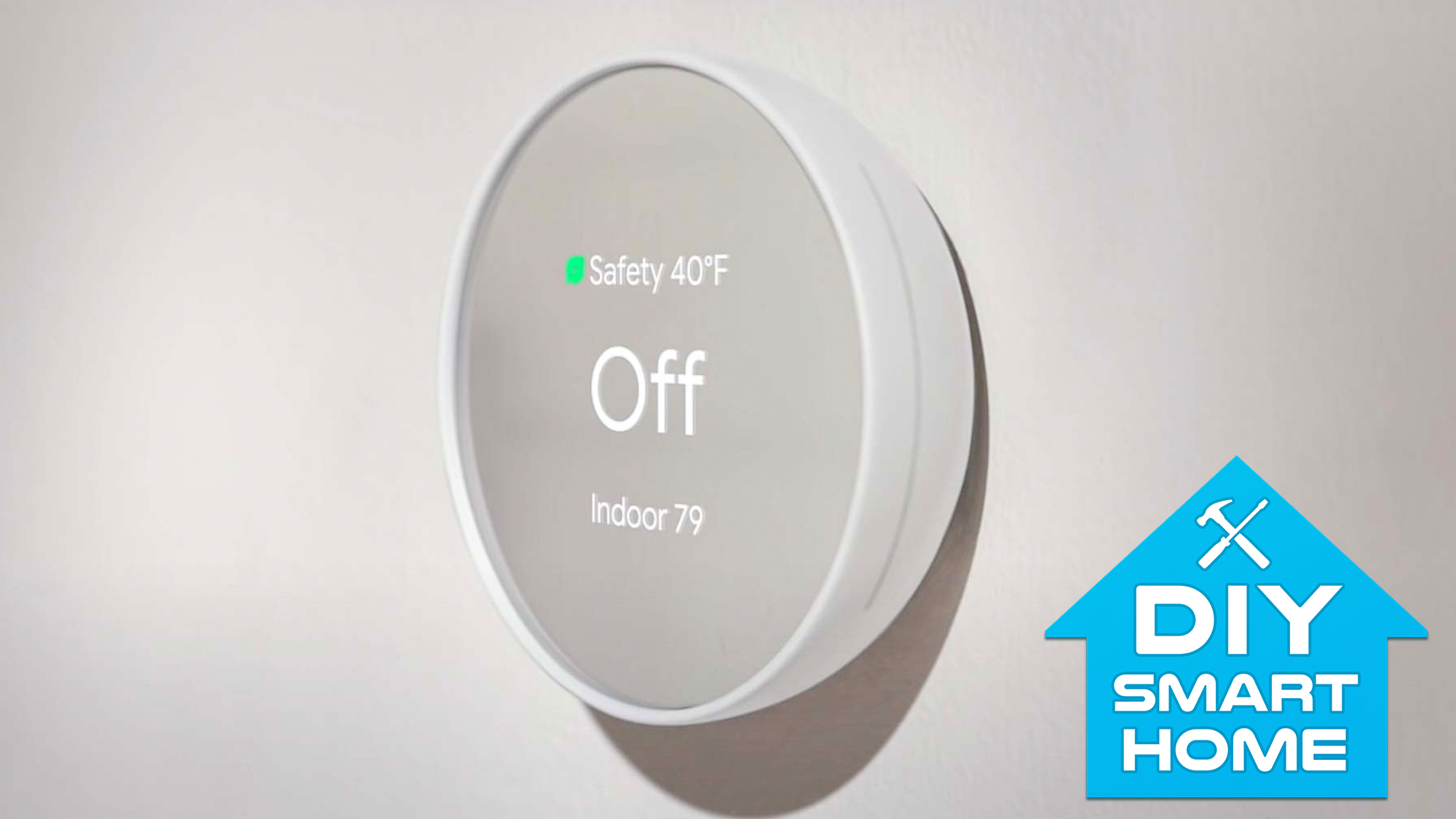5 ways your smart home can save you serious money
These are the devices to get if you're ready to cut down your monthly bills

Did you know that smart home devices can save you money? Despite the upfront costs of raising your home’s IQ, many of the best smart home devices can actually help you cut down your utilities bills. Some can even help reduce damage in case of floods or other unexpected disasters, saving you even more.
You can save thousands with a DIY smart home, and the savings won’t stop after setting up your space. Many smart home devices have energy consumption and monitoring features, and don’t suck up unnecessary power when they’re not in use. Smart plugs, smart lights and smart thermostats can be particularly energy efficient. Meanwhile, a flood detector or automatic water shutoff system are more preventive measures in case of a cracked pipe in your home.
See our smart home guide for everything you need to know (and buy) to set up a connected space.
Either way you should see your smart home devices to save you money, as long as you know which devices to get. While you can take more drastic money-saving steps like turning to solar panels to cut energy costs — here are the 7 things to know before you buy solar panels — we’ve also detailed the top categories of smart home devices that could bring cash back to your wallet:
Smart plugs
Smart plugs are among the most affordable and user-friendly smart home devices, but the best smart plugs and best outdoor smart plugs are more clever than they look. When you leave lamps or decorative lights (ie. Christmas lights) on when no one is home, you’re wasting energy. You can check the status of your smart plug on your smartphone wherever you might be, even if you’re home and simply too lazy to get up. A smart plug can be even scheduled to turn on and off at specific times.
It’s also common for smart plugs to offer energy-monitoring features viewable in a companion app. That way you can see how much energy all of your connected appliances are consuming on standby, and decide whether you should cut power to them when they’re not in use. The $22 TP-Link Kasa Smart Plug Mini has all these features in a compact, single-outlet design. We like this $80 smart power strip for an option with multiple outlets, each with their own individual on/off control.
Smart lights
The best smart lights are another affordable and effective way to save money. Depending on what kind of bulbs currently illuminate your home, smart light bulbs can decrease your monthly energy bills since they use LED technology rather than incandescent and halogen light bulbs. LED bulbs also last much longer than other types of bulbs, meaning they hardly need to be replaced. (Check out our light bulb guide for more benefits of LED bulbs.)
The most popular smart lights are perhaps Philips Hue lights, which come in a wide range of bulb shapes and even smart light strips and permanent smart light fixtures. Philips Hue lights aren’t the most affordable, but the collection of features and compatibility with other smart home devices is hard to beat. That said, Sengled, Lifx, Wyze, Wiz, TP-Link Kasa and GE’s Cync are some other smart light brands we’d recommend.
Sign up to get the BEST of Tom's Guide direct to your inbox.
Get instant access to breaking news, the hottest reviews, great deals and helpful tips.
Smart light switches
If you live in a larger home, installing smart switches instead of smart light bulbs might be a better option for saving money. Smart light switches aren’t as easy to install and require knowing about neutral wires, but could save money if you have a lot of light sockets. Most smart switches cost somewhere between $40 to $60 depending on the brand and features, and can be used with several basic LED bulbs.
The best smart light switch overall is the GE C-Start Smart Switch Motion Sensing Dimmer. But some smart switches are more than just a light switch, too. The Brilliant Smart Home controller acts as smart home command center, combining multiple light switches with a display for controlling the rest of your smart home devices.
Smart thermostats
Like smart plugs and smart lights, the best smart thermostats can save you money on your utility bills. Most smart thermostats have an energy-usage dashboard of some sort in a companion app, so you can track your trends and see how your temperature settings impact your home’s energy consumption. You can adjust the temperature more precisely and more frequently throughout the day using the app, or have the temperature change automatically based on your routines. The Amazon Smart Thermostat will even make adjustments using Alexa Hunches.
There’s another way smart thermostats can save you money. Many energy companies offer rebates for the purchase and installation of smart thermostats. For example, Con Edison will slice money off your electricity bill if you enroll in a program in which your Nest Thermostat use less energy during peak hours or peak heating seasons. PG&E will give you $120 when you install an eligible smart thermostat, too. If you already have a smart thermostat and haven’t taken advantage of a rebate or reward yet, look into the offerings from your energy provider.
Smart water leak detectors
If you live in a place that sees chilly temperatures, smart water leak detectors can save you thousands. Along with knowing how to insulate your windows for winter and how to bleed a radiator, you should know how to keep your pipes intact during the cold weather months and invest in a smart water leak detector.
Frozen pipes are prone to crack, and according to Fixr, the average cost to fix a burst pipe is $500. Add in the value of personal effects or replacing ruined carpet, and you’re probably looking at very costly damage.
One of the best smart water leak detectors can alert you to early signs of a leaking pipe, whether you’re home to hear the alarm or receive a push notification from a smartphone app. Then, you can shut off your home’s water supply more quickly than you might’ve otherwise.
Some water leak detectors are also part of smart water shutoff systems that can automatically stop water in your home at the sign of a leak. The Flo by Moen smart water shutoff device and Phyn Plus Smart Water Assistant are our top recommendations, but both must be installed in-line at your house’s main water supply line by a plumber.
Looking for more ways to cut down on spending? Here are tips and tricks for saving money on Netflix, plus the best Amazon Prime Member deals you need to know.
Kate Kozuch is the managing editor of social and video at Tom’s Guide. She writes about smartwatches, TVs, audio devices, and some cooking appliances, too. Kate appears on Fox News to talk tech trends and runs the Tom's Guide TikTok account, which you should be following if you don't already. When she’s not filming tech videos, you can find her taking up a new sport, mastering the NYT Crossword or channeling her inner celebrity chef.

